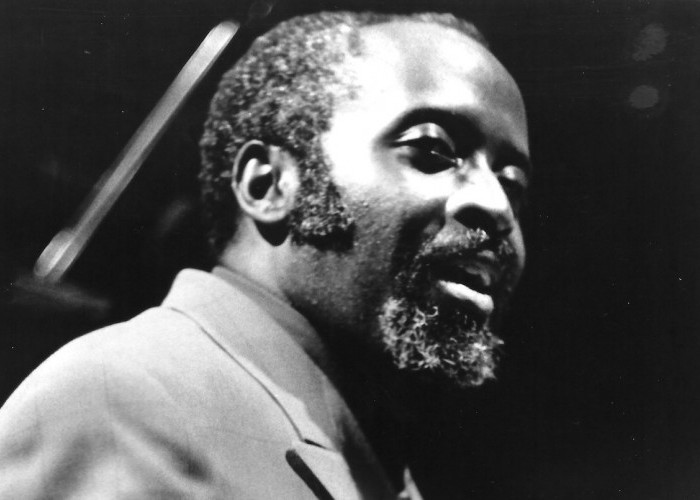In Memoriam: Pianist Junior Mance
By DownBeat I Jan. 18, 2021

Junior Mance (1928–2021)
(Photo: DownBeat Archives/Atlantic Records)
Pianist Junior Mance, who enjoyed a long career as a pianist and educator, has died at age 92.
As a leader, Mance recorded albums for Verve, Capitol, Atlantic, Sackville, Enja and numerous other labels. His debut LP, Junior, was a 1959 trio project with bassist Ray Brown and drummer Lex Humphries. On a 1970 LP for Atlantic, With A Lotta Help From My Friends, Mance led a quartet with guitarist Eric Gale, electric bassist Chuck Rainey and drummer Billy Cobham.
Among the other artists with whom he recorded during a lengthy career are Gene Ammons, Johnny Griffin, José James, Ken Peplowski, Sonny Stitt, Dinah Washington, Joe Williams and Lester Young.
Mance served in a U.S. Army band at Fort Knox, Kentucky, along with Julian “Cannonball” Adderley. After his discharge from the Army in 1953, Mance became part of the house band at the Bee Hive jazz club in Chicago, where he accompanied many luminaries, including Charlie Parker and Coleman Hawkins.
According to the biography on his website, Mance considered his time in Dizzy Gillespie’s band in the late 1950s as one of the highlights of his career.
As an educator, Mance spent many years on the faculty of The New School in New York City. Additionally, he was the author of the book How To Play Blues Piano.
Born in the Chicago area on Oct. 10, 1928, Julian Clifford Mance Jr. was called “Junior,” and he used the nickname throughout his professional career.
In a profile for the April 13, 1961, issue of DownBeat, Mance told journalist Barbara Gardner, “I suppose the artist does have some responsibility to his audience; but sometimes, it is awfully hard to exert that responsibility. An audience should accept an artist for what he is. If he has to change his personality, his work might suffer.”
Saxophonist Andrew Hadro, who played alongside Mance, sent DownBeat a tribute, which read, in part:
“As long as you were there to play, he was your friend. He didn’t much care how old you were, where you came from, or what bathroom you used. If you wanted to play some blues, you were cool. His favorite piano was truly the one in front of him. The only thing he liked almost as much as playing was hanging out, laughing and telling stories from his decades playing jazz everywhere with everyone.
“He was just as happy holding court at the piano in his college classroom as he was playing for audiences in swanky clubs in Europe. I learned more from him than just about anyone, yet I never felt like he was trying to teach.” DB
